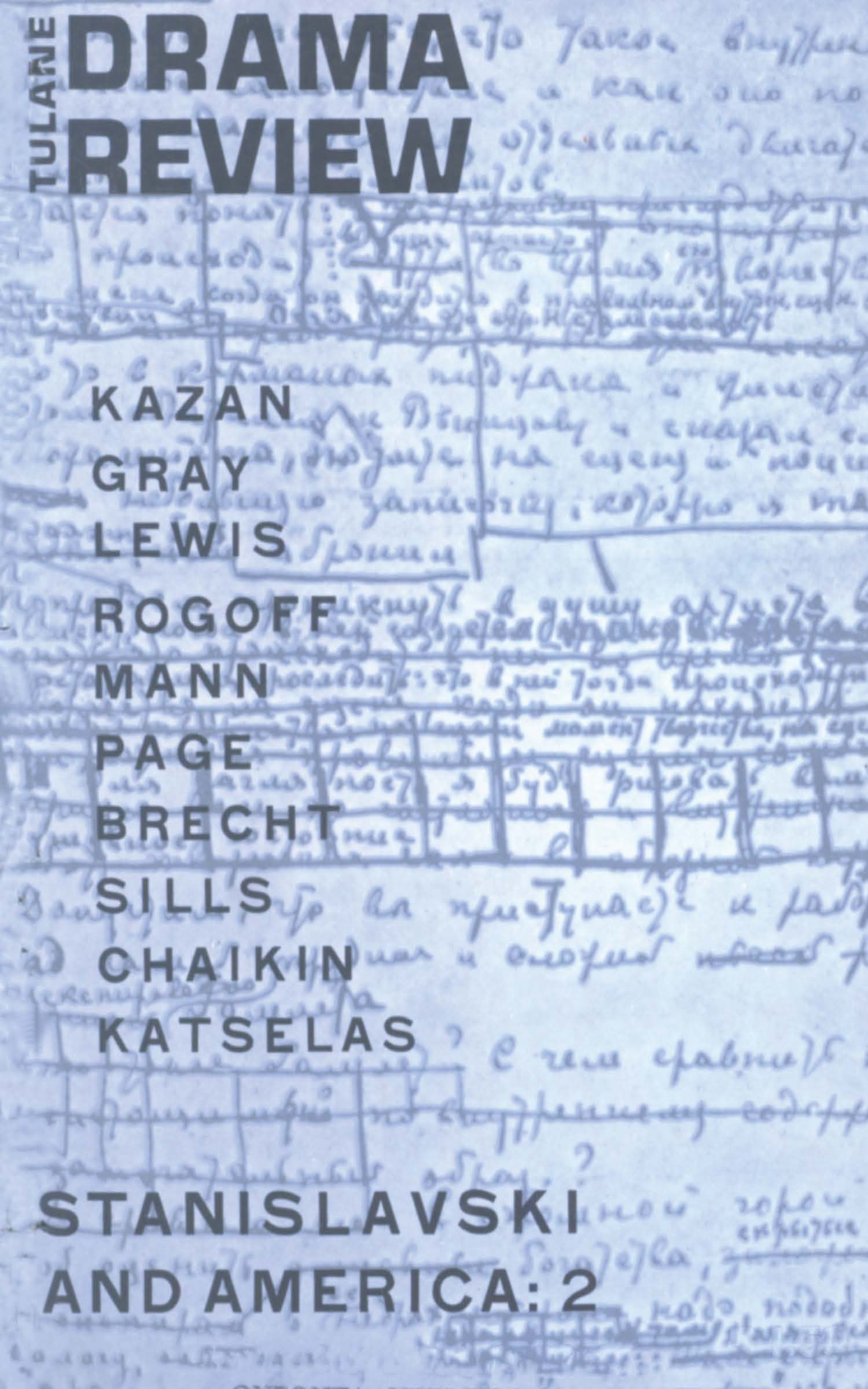No CrossRef data available.
Article contents
The Dramatic Philosophy of Jean-Paul Sartre
Published online by Cambridge University Press: 03 February 2022
Extract
I USE this title, because not only is Sartre a philosophical dramatist, but he is also a dramatic philosopher. I mean, that when he philosophizes he dramatizes his philosophical concepts. You cannot fully understand his philosophical drama unless you have an inkling of his dramatic philosophy. That is why when “existentialism” was all the rage in France (and elsewhere) about eleven years ago, but of course nobody had read L'Etre et le Néant, it was possible to get such a totally wrong idea of what Sartre was trying to do. (You will remember the story he himself tells of the young woman who utters a rude word and then exclaims “Ah, je crois que je deviens existentialiste.“) I must start, therefore, with the briefest account of his philosophical system, for the sake of those unfamiliar with it.
- Type
- Research Article
- Information
- Copyright
- Copyright © 1957 The Tulane Drama Review
Footnotes
A lecture delivered at Carleton College, 9 May 1957.
References
1 “L'Etre et le Néant,” p. 675 ff.
2 “Ibid.,” p. 404.
3 “Situations” I., Feb., 1939.
4 “The Psychology of Imagination” (L'Imaginaire), pp. 267-71.
5 “Les Mouches,” pp. 99 ff.
6 “L'Etre et le Néant,” pp. 463 ff.
7 It was pointed out to me in discussion that in Sartre's “Les Jeux sont Faits” (the film script) there is an example of a happier love relationship. I agree.
8 “Les Mandarins,” p. 487.
9 “Les Mandrins,” p. 192.


